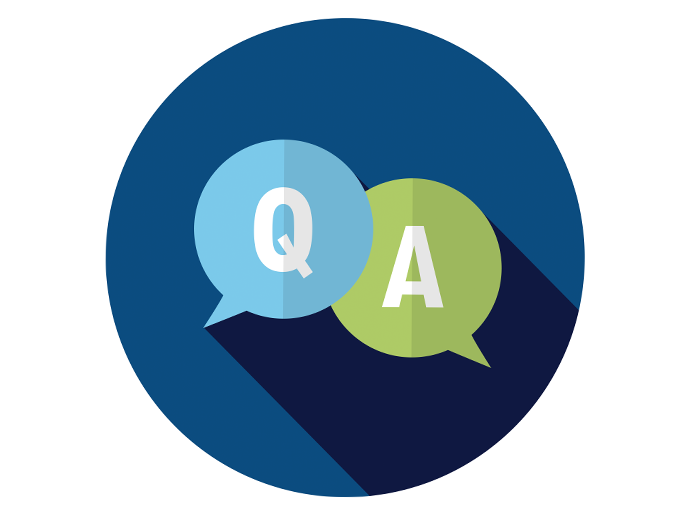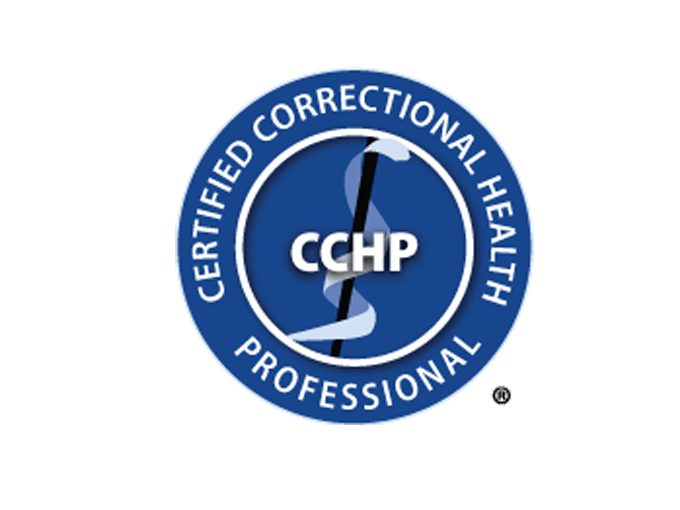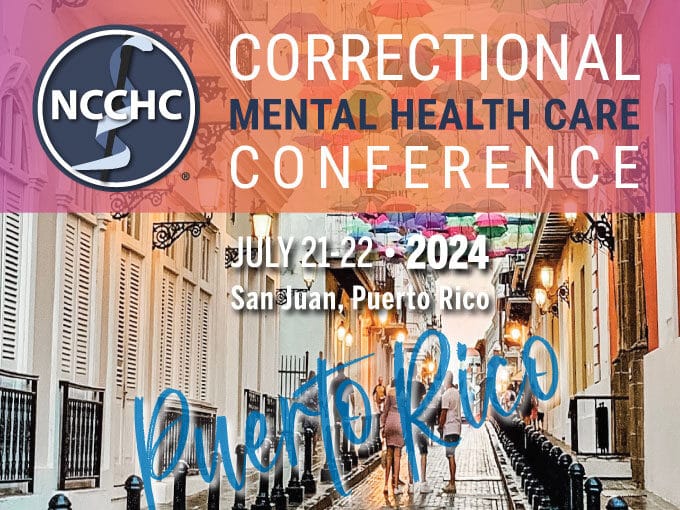
Standards Q&A: 75% Custody Health Training Requirement
Does the 75% requirement refer to all custody staff or only those working during
Home Suicide Prevention Resources
Inmate suicide is one of the most serious challenges in corrections. To help the field save lives, we share our standards on suicide prevention and other useful guidance on our website.


